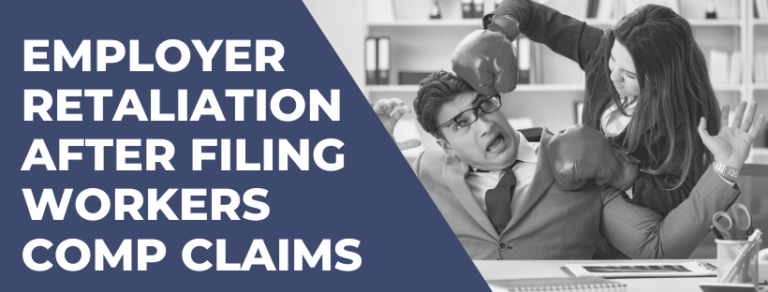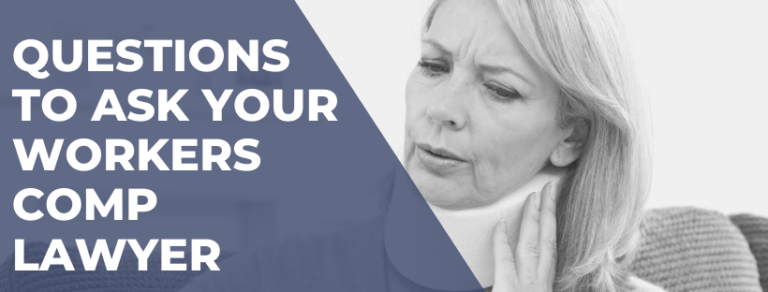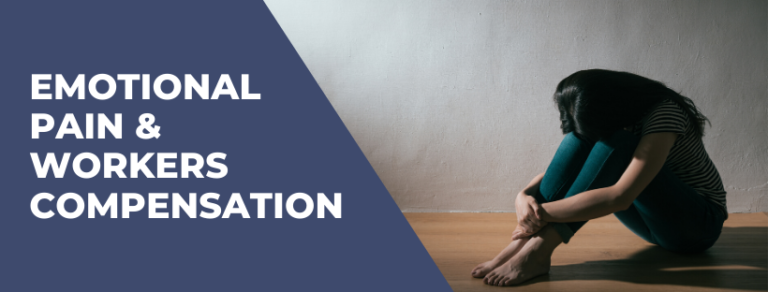According to the U.S. Department of Labor Bureau of Labor Statistics, work injuries involving transportation accidents were the most common cause of fatalities in 2016, accounting for 40% of all work-related injuries. For those injured in these types of accidents, many of them were able to receive workers compensation benefits for the car accident at work.
While a car accident at work is a relatively common occurrence, figuring how to pursue a workers compensation claim can be a tedious process. When it comes to a car accident at work, workers compensation may only apply in certain situations. The experienced car accident attorneys at The Clardy Law Firm can help navigate you through the steps you need to take to file or appeal your workers compensation claim to get the benefits you need to recover.
When does workers compensation cover a car accident at work?
Workers compensation benefits are available to employees if they suffer an injury in the workplace. If an employee is injured in a car accident at work because they were performing work-related tasks or driving to and from somewhere for work, they may be eligible for workers compensation benefits. Other situations where workers compensation may apply if someone is involved in a car accident at work include:
- Making a delivery
- Traveling between job sites and for work
- Going out on a sales call
- Transporting a coworker for a work-related reason, such as driving them to a meeting
- Completing a work-related errand, requested by a supervisor or manager
Workers that drive for a living, such as taxi or truck drivers can receive workers compensation if they’re hurt during work hours.
When does workers compensation not apply to a car accident at work?
Workers compensation benefits apply only during scope of employment. Unfortunately, it does not cover a car accident at work that occurs during a lunchtime or a personal break.
Going and Coming Rule
Under the going and coming rule, employees are not protected or eligible for workers compensation if they’re injured while traveling between home and work. There are a few exceptions to this rule, however, including:
- Transportation in a company vehicle: if the employer is paying for the mode of transportation to and from work, the worker may be eligible for workers compensation.
- Work errands: if the employee was running an errand and he/she was paid for that time, even if it was not a part of their regular job duties, an injury sustained during a car accident could be compensable.
- On or near company property: if an employee is injured in a car accident in a parking lot or on property that the employee works on, they may be entitled to workers compensation benefits for their injuries.
What if I caused the car accident at work?
Workers compensation in South Carolina is a no-fault system, meaning that even if you were the one that caused the accident, you could still qualify for workers compensation benefits. There are a few factors that play into this, though, such as if the car accident at work occurred within your scope of employment and whether or not you were under the influence of drugs or alcohol at the time of the accident.
Can I pursue legal action against a negligent driver that caused a car accident at work?
In certain cases, an employee may be able to file a personal injury lawsuit against the driver that was at-fault for the accident. This is an option to consider if workers compensation benefits don’t apply or they’re not enough to cover your damages, losses, pain and suffering. If you decide to pursue a personal injury lawsuit, make sure you have an experienced personal injury attorney on your side.
Whether you’re looking for help filing your workers compensation claim or considering a personal injury lawsuit against a negligent driver, The Clardy Law Firm is here to help. Call us today for a free consultation to discuss your legal options and find out what decision is best for you and your needs.





